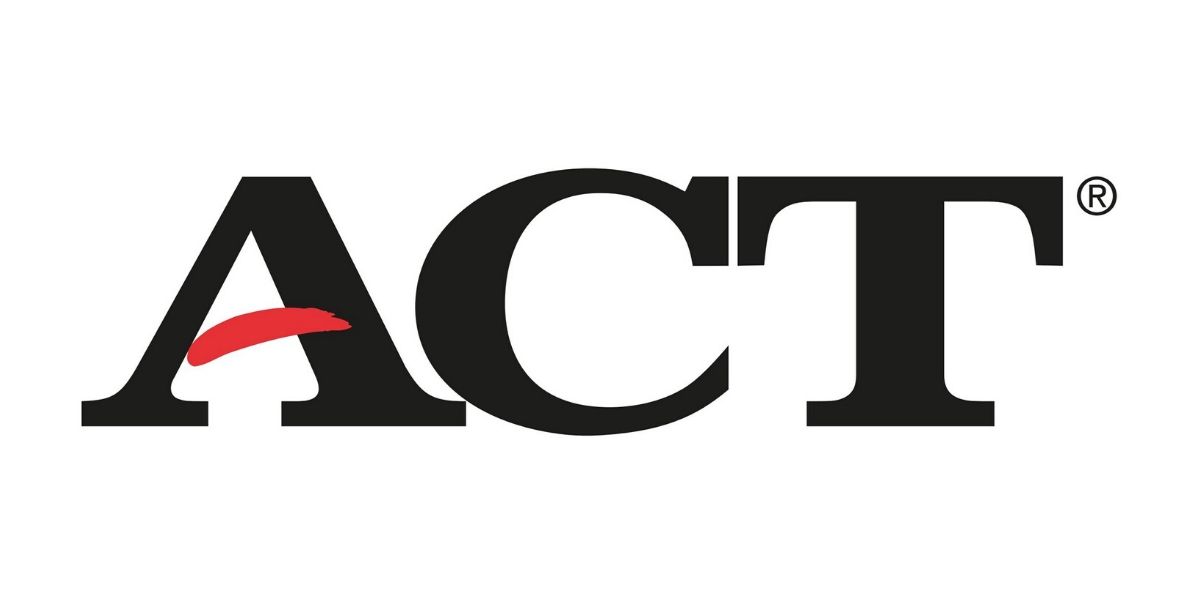ACT Reading Passage Types | What To Expect
Be ready for the ACT Reading section by knowing the kinds of things you’ll be reading. Here are the ACT Reading passage types to expect on test day.
When approaching the ACT Reading section, there are a number of helpful test hacks that will help you finish faster and accurately when practiced.
[act_one]
4 ACT Reading Passage Types
Here are the four ACT reading passages types.
Each one consists of around 800 words each. Always expect them in this order:
- Prose Fiction
- Social Science
- Humanities
- Natural Science
After each corresponding passage, you’ll then have to answer 10 questions testing what was directly stated, as well as meanings implied within the text.
[act_two]
ACT Reading Passage Types In A Nutshell
| ACT Reading Passage Types | Format/Topics | What To Expect |
|---|---|---|
| Prose Fiction |
|
|
| Social Science |
|
|
| Humanities |
|
|
| Natural Science |
|
|
Additional ACT Reading Tips And Strategy Articles
Click on the links below for more tips on cracking this ACT test section:
[act_three]
For more test strategy, college admissions, and scholarship application tips sign up for our FREE class happening right now!
Written by Todd Marcus
More from Todd Marcus

ACT Reading Passage Types | What To Expect
Be ready for the ACT Reading section by knowing the kinds of things you'll be reading. Here are the ACT…

Taking The ACT Junior Year
If you're ambitious and want to give yourself plenty of time for score improvement, then consider taking the ACT junior…

ACT 2020 Score Release Dates
Here then are the ACT 2020 score release dates to plan around, as well as, the different kinds of available…